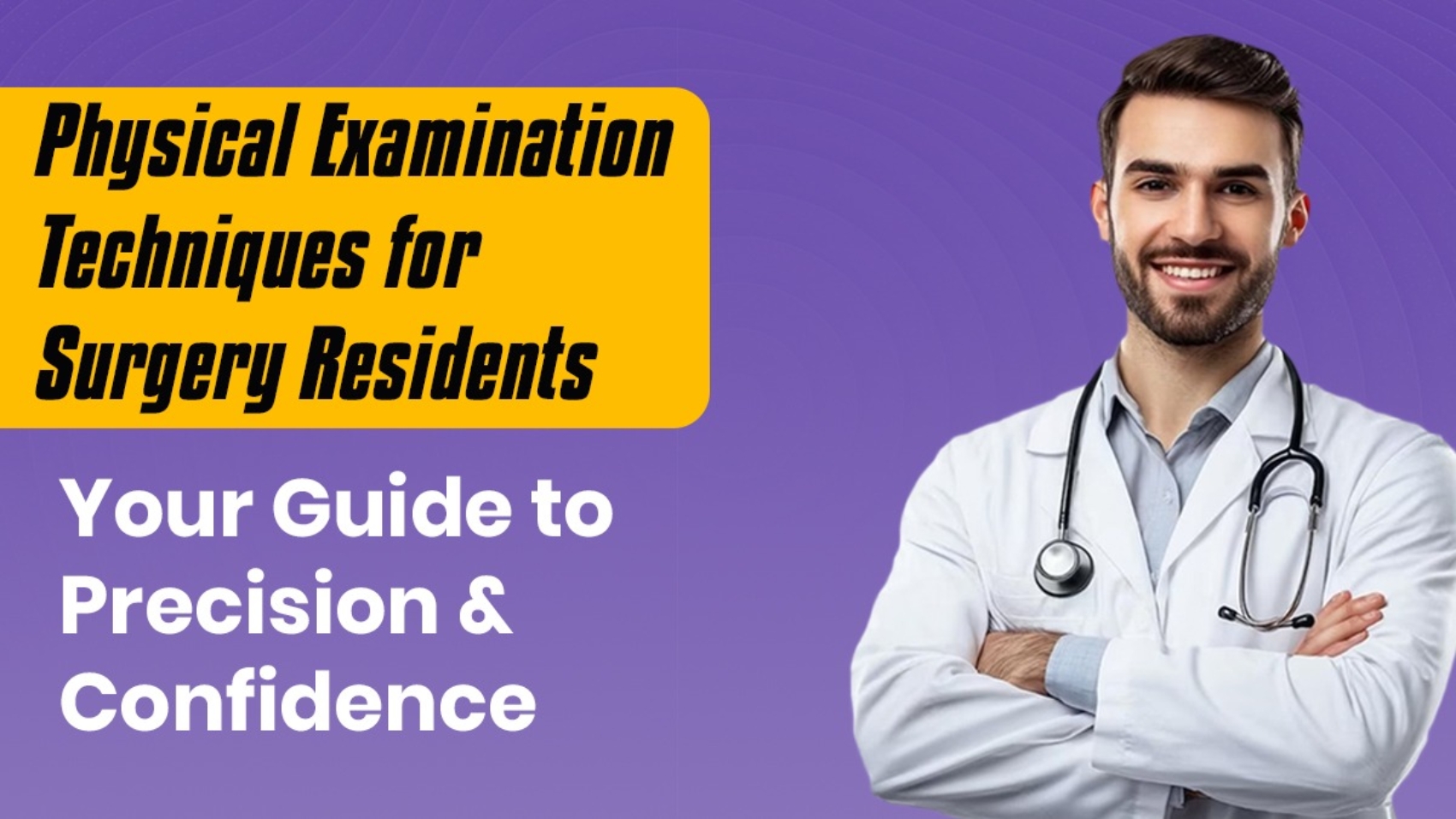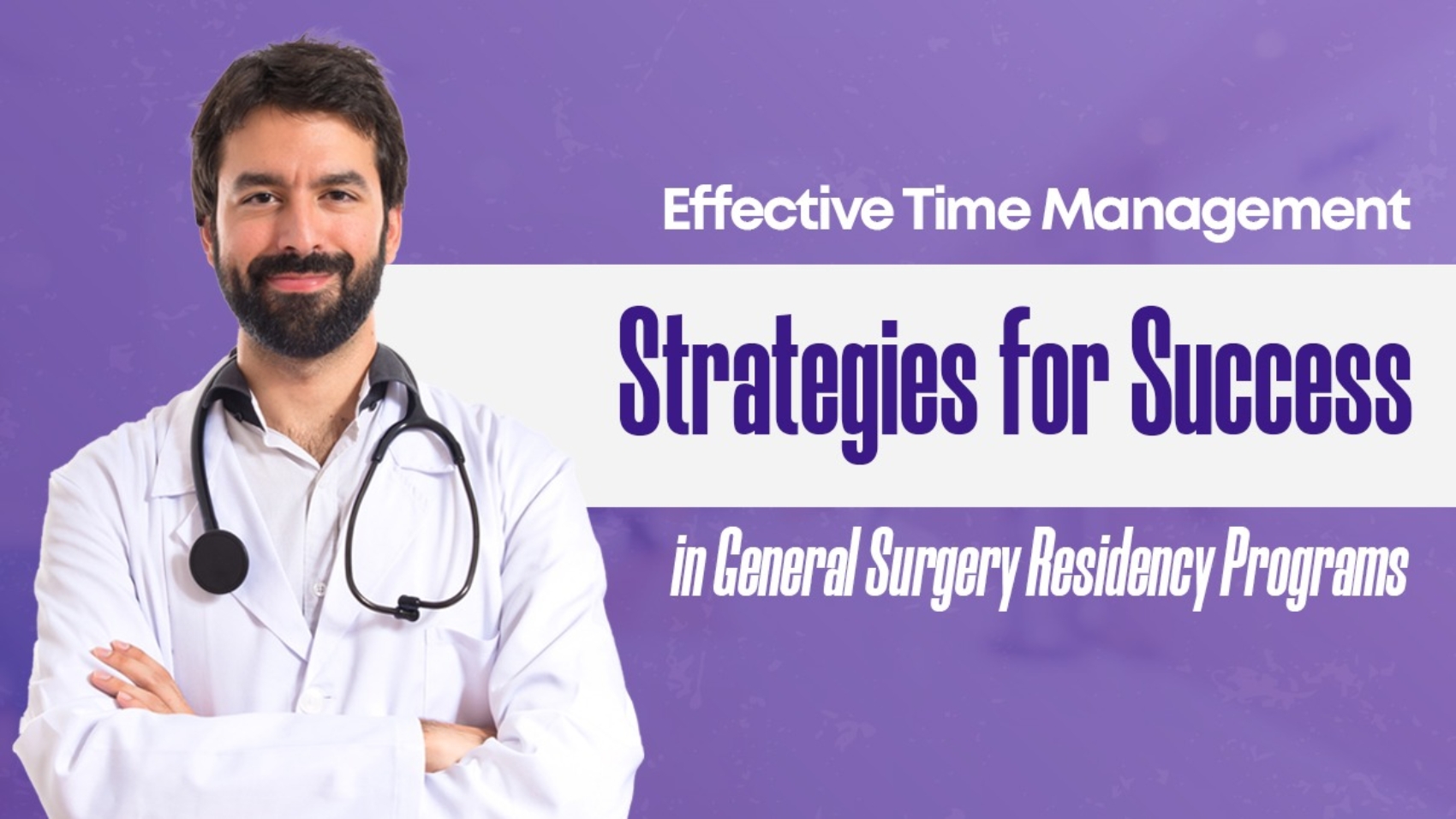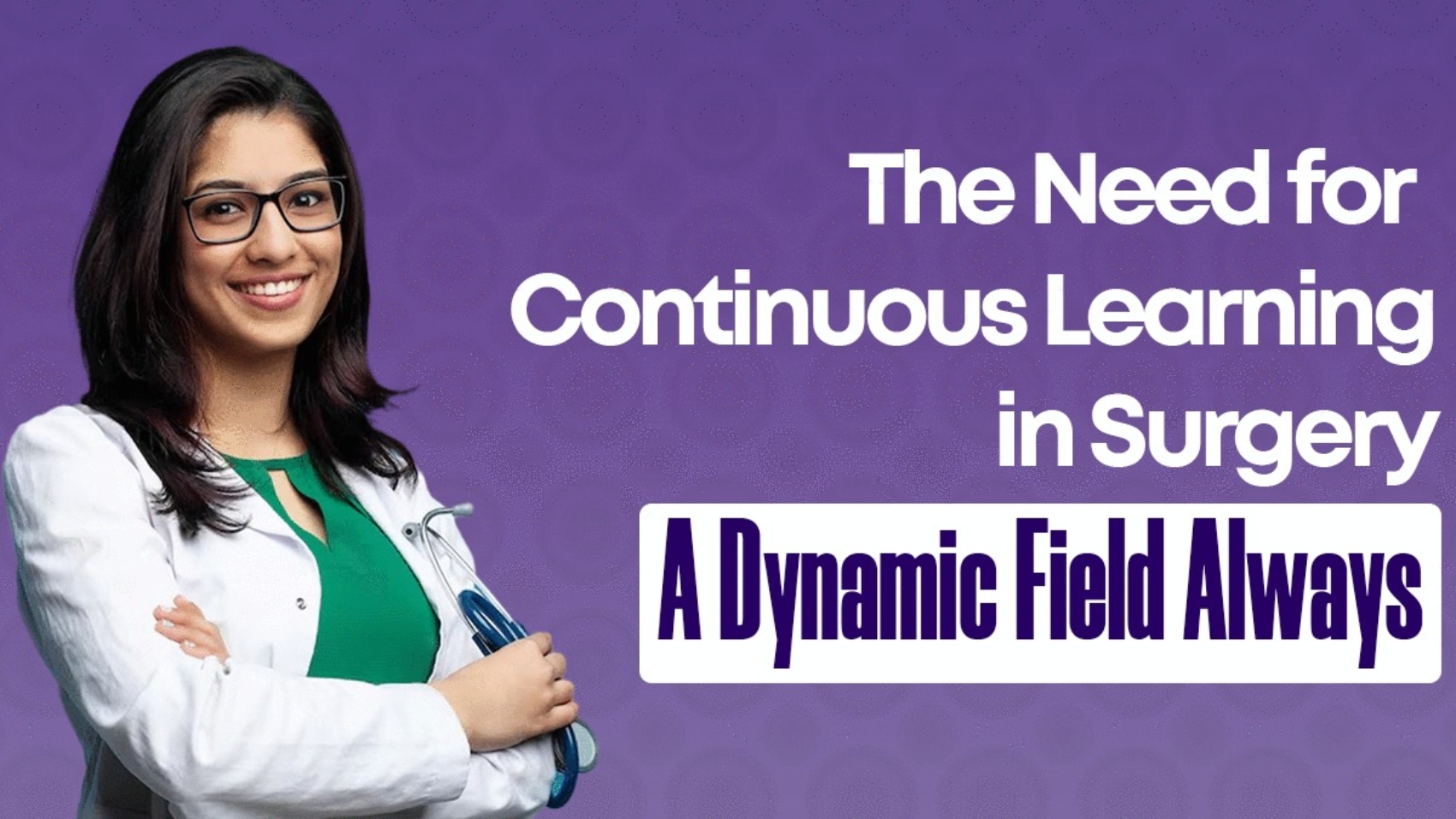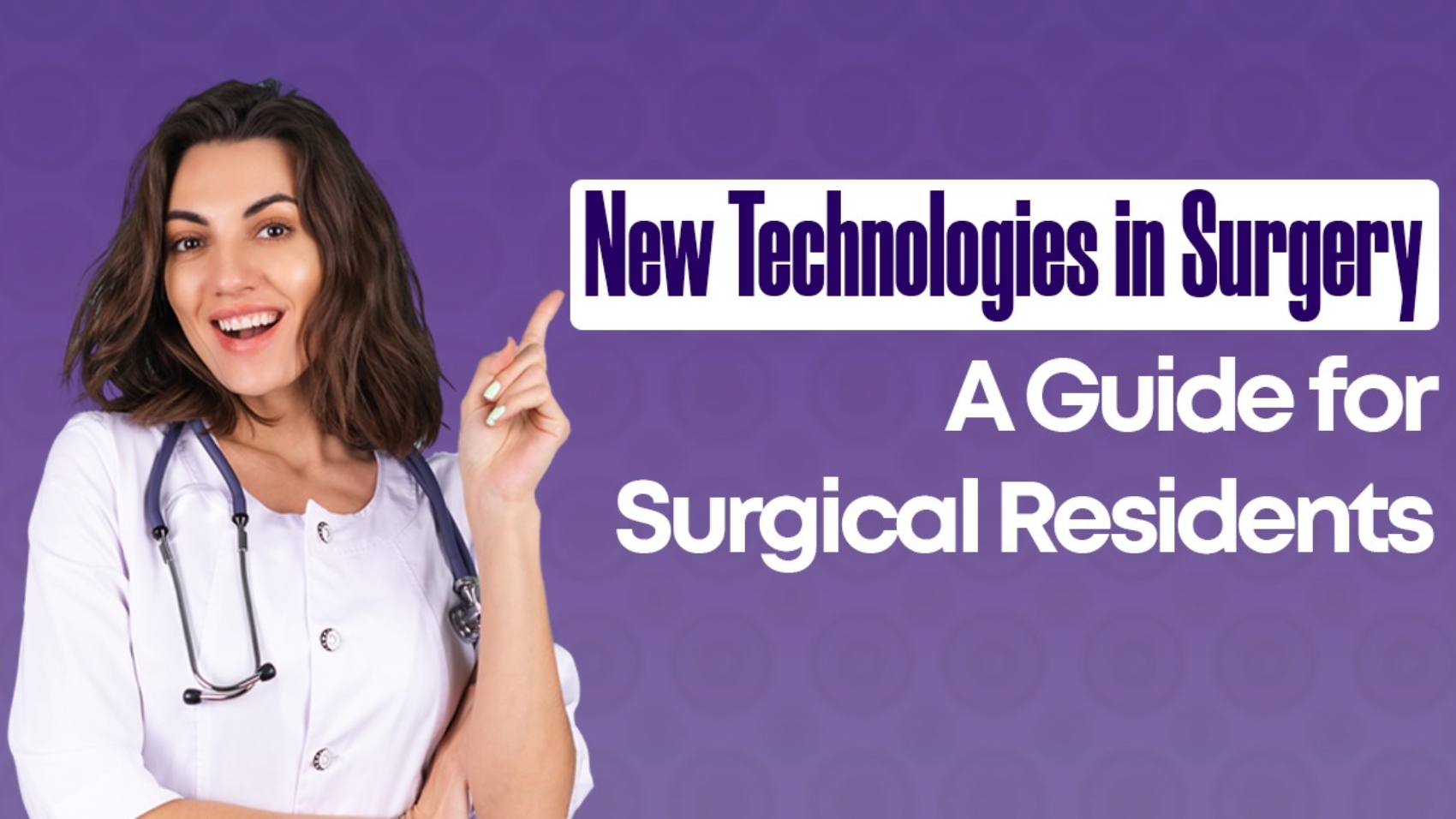Estimated reading time: 2 minutes
Are you looking for a platform where you can get the detailed solution of the DNB paper? If so you are at the right place!
Here, Dr. Amrit Nasta discusses the fourth paper of the DNB 2020 surgery exam with a detailed discussion and analysis. Unlike the previous paper, this one was slightly tough. Some questions were a little recently advanced types and there were some questions which were very standard and straightforward where you know with your basic knowledge you could have answered.
Don’t get intimidated by the tough questions. Get a grip of the easier questions, and write them well so that the overall effect is good. This paper also had 10 questions in 5 sections.
Here are the Highlights of the Video
Question 1: (Benign Prostatic Hyperplasia) BPH
Etilogy and Pathophysiology”
- Common in males aged 50-60 years, due to a decline in testosterone and a relative increase in estrogen.
- Enlargement occurs in the transitional zone or lateral lobes, leading to early urethral compression.
- Effects include bladder outlet obstruction, bladder hypertrophy, trabeculae, bladder diverticula, and obstructive nephropathy.
Surgical Management:
- Indications are severe symptoms, PIS score, obstructive nephropathy, or acute urinary retention.
- The most common procedure performed (TURP).
- Advanced techniques include HoLEP, transurethral needle ablation, water vapour ablation, and intraurethral stenting (for unfit patients).
Question 2: Head Trauma and Raised ICP
Mechanism of head injury:
- According to the Monro-Kellie Doctrine, within the confined volume of the skull, any mass or clot compresses blood, CSF, or brain tissue.
- Compromise to cerebral perfusion causes secondary brain injury and further ischemia.
- Signs include midline shift, ventricular compression, and brainstem herniation (rostrocaudal descent).
Raised intracranial pressure Management:
- Monitoring of raised ICP, for early recognition and timely intervention.
- Surgical decompression (craniotomy) would be necessary in severe cases of trauma, tumours, or cerebral edema.
Why Choose Conceptual Anesthesia?
It’s just a trailer of what the Conceptual Surgery offers. Conceptual Surgery is specially designed for residents and practitioners of surgery to enhance their knowledge and skills.
It offers:
- Clinical Examination and Demonstration.
- Learn to perform Surgeries with Updated Guidelines and Latest techniques.
- Viva and Practical Exam Training.
- Theory Notes & Discussions
- Live Online PG Courses
- Live MCQ Discussion
- Recent Exam Q & As
- Many More…
Conceptual Anesthesia is designed for anesthesia residents and practitioners. It has everything you need to know, from detailed discussion to expert tips and practical guidance. Join us to explore the world of anesthesia.










